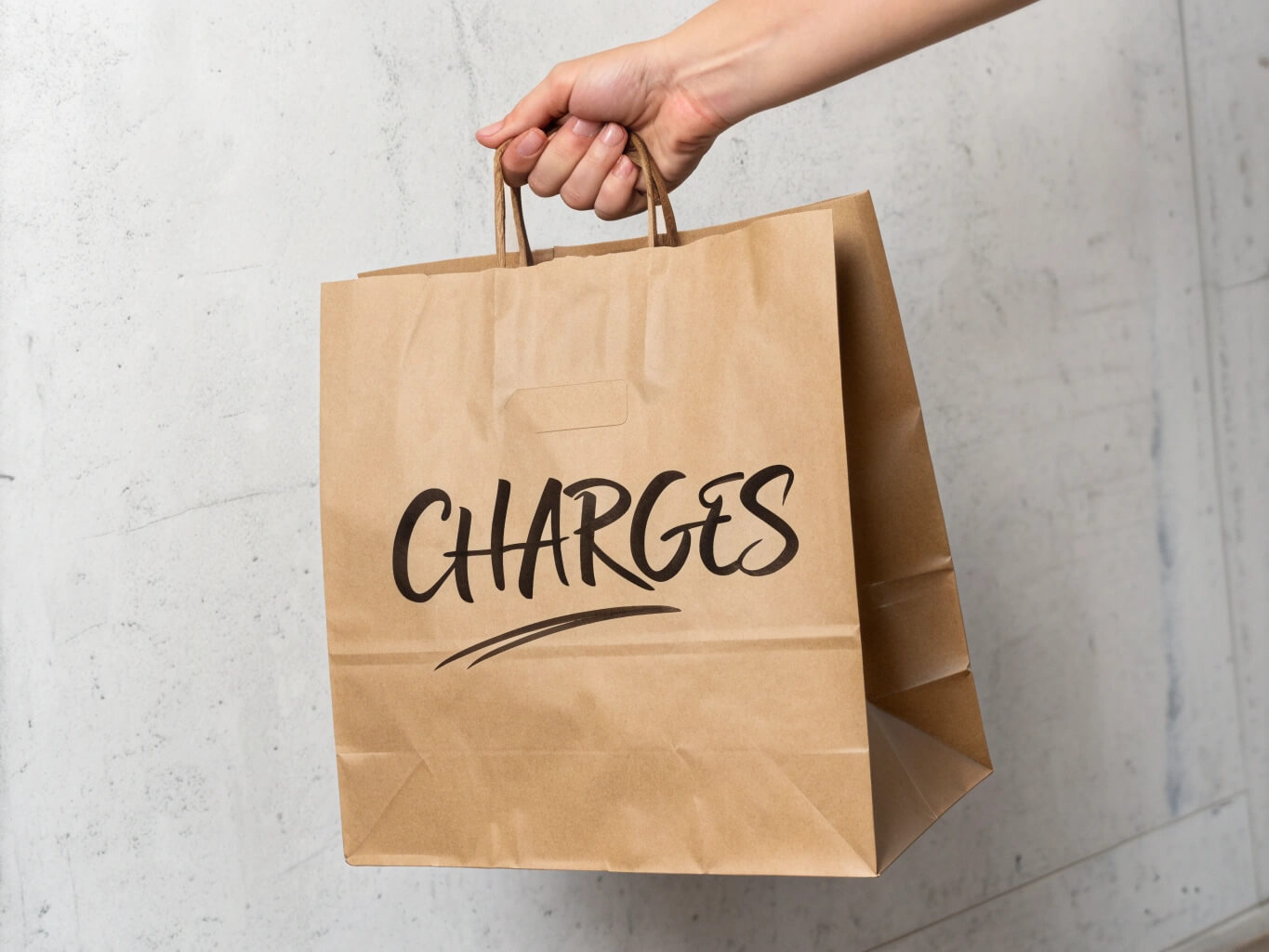Running a store without the right bags is like serving a meal without plates. The wrong packaging leaves customers frustrated and your brand invisible.
Buying paper bags in bulk saves cost, ensures stock, and provides eco-friendly packaging that doubles as a branding tool. Choosing the right supplier secures durability and consistent delivery.

Paper bags are more than packaging. They are a mix of function, marketing, and responsibility. Keep reading to learn who makes them, why some shops stopped using them, and how you can benefit.
Who is the largest manufacturer of paper bags?
It can be overwhelming to choose from so many suppliers. Many claim to be leaders, but not all deliver the same consistency and quality.
The largest paper bag manufacturers are global firms with automated plants and eco certifications. Leading suppliers, like XIN YUAN, offer bulk capacity, customization, and export experience.

Dive deeper: Evaluating top suppliers
The largest manufacturers usually have three qualities: scale, variety, and certification.
- Scale: Production bases above 3,000㎡ with automated bag-making lines.
- Variety: Kraft, laminated, twisted-handle, flat-handle, custom-printed.
- Certification: FSC, ISO, and compliance with environmental standards.
| Criteria | Why It Matters | Example |
|---|---|---|
| Scale | Handles large seasonal orders | Daily output over 500,000 pcs |
| Customization | Turns bags into marketing | Logo, slogans, full-color prints |
| Certification | Proves eco responsibility | FSC, ISO9001 |
| Export Experience | Ensures smooth delivery | Handles customs, logistics |
When I work with global buyers, I emphasize stable delivery and the ability to meet rush orders. This builds trust and reduces costly delays.
How to start a paper bag making business?
Many entrepreneurs see rising demand but struggle with where to begin. Without planning, high competition and costs can sink the idea fast.
To start a paper bag business, research demand, invest in bag-making machines, secure raw materials, and build a distribution network. Certifications boost credibility and win retail clients.

Dive deeper: Step-by-step roadmap
Paper bag businesses grow by balancing production and sales.
| Step | Action | Key Point |
|---|---|---|
| 1 | Market research | Study local retail, food service demand |
| 2 | Machine purchase | Semi-auto for startups, fully auto for scale |
| 3 | Raw material | Source kraft rolls with stable supply |
| 4 | Certification | FSC or eco proof to win contracts |
| 5 | Distribution | Retailers, supermarkets, e-commerce vendors |
In my experience, many newcomers underestimate the importance of stable paper supply. Even with good machines, without steady raw materials production stalls. Building supplier relationships early is critical.
Why don’t stores use paper bags anymore?
Many customers notice a shift back to plastic or reusable bags and wonder why. The answer often lies in cost and convenience.
Stores stopped paper bags mainly due to higher costs, limited durability in wet conditions, and logistics. Many switched to plastic before sustainability trends revived paper use.

Dive deeper: The cost vs. function debate
Paper bags are eco-friendly, but not always the cheapest option.
| Factor | Paper Bags | Plastic Bags |
|---|---|---|
| Cost | Higher per unit | Lower per unit |
| Durability | Weaker in rain, less reusable | Stronger, waterproof |
| Storage | Foldable, stackable | Very compact |
| Eco Impact | Recyclable, biodegradable | Non-biodegradable |
During the 1990s and 2000s, plastic won for cost and function. But today, regulations and eco awareness push businesses back to paper, often supported by reusable alternatives. I have seen supermarkets order both paper and non-woven bags to balance cost and sustainability.
Who charges for paper bags?
Customers often complain about paying for bags at checkout, not realizing it is often required by law.
Paper bag charges are usually imposed by governments or retailers to reduce waste. Many countries require stores to charge for single-use bags, whether plastic or paper.

Dive deeper: Regulations and retail strategies
Charges vary by region. In some places, plastic is banned while paper bags must carry a small fee. This shifts consumer behavior toward reusable options.
| Region | Rule | Impact |
|---|---|---|
| EU | Charge required for single-use bags | Boost in reusable bags |
| US (varies by state) | Some ban plastic, others charge | Mixed adoption |
| China | Mandatory charge in supermarkets | Strong eco push |
| Middle East | Gradual phase-outs | Growing paper demand |
In practice, many retailers pass on the cost of bags to encourage customers to bring their own. This reduces waste and positions the brand as eco-conscious. I have seen clients even print eco messages on their paper bags to reinforce the message.
Conclusion
Buying paper bags in bulk ensures cost savings, eco benefits, and branding value. With the right supplier, businesses gain stable delivery, strong quality, and long-term customer trust.

